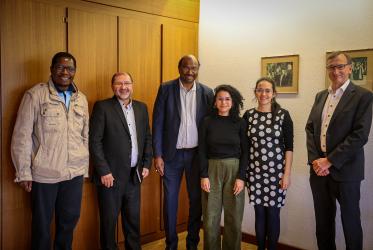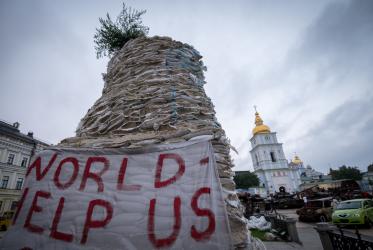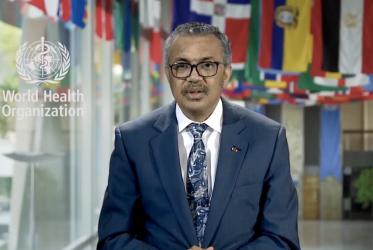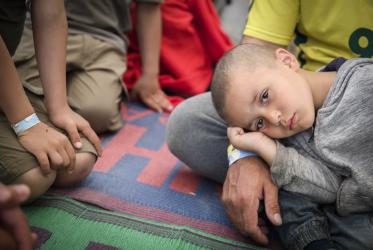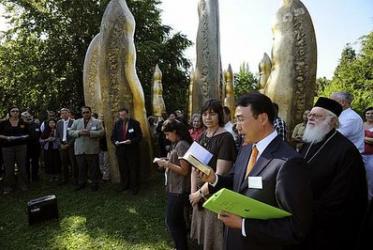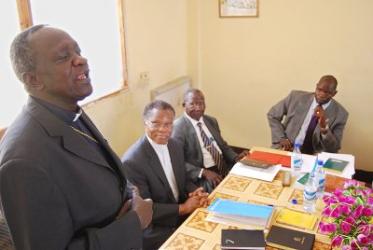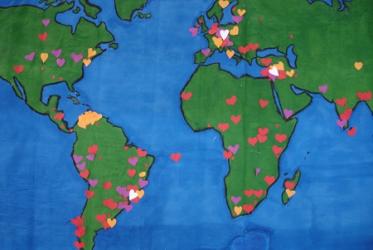Displaying 1 - 20 of 22
Justapaz shares peace-building work in Colombia
10 October 2023
WCC offers prayer during Japanese peace conference
11 March 2021
WCC condemns Paris slayings
07 January 2015
Prayers for peace in Africa echo around the world
22 September 2010
Churches must be "salt of the earth"
31 August 2009
Sudanese churches face "tremendous tasks and challenges"
28 March 2008
The evil of violence can be overcome - every day
05 September 2006
Historic Peace Churches offer a unique voice for nonviolence
19 February 2006
Mission and violence: an ambivalent relationship
12 May 2005

